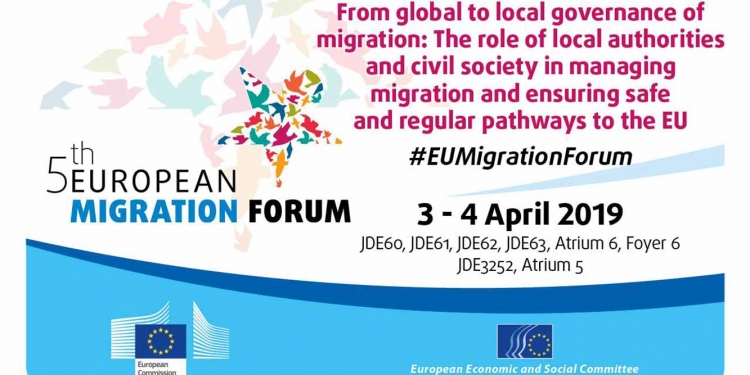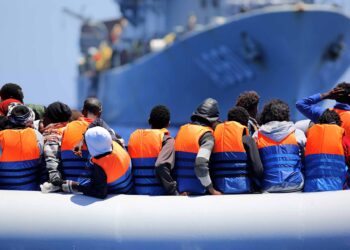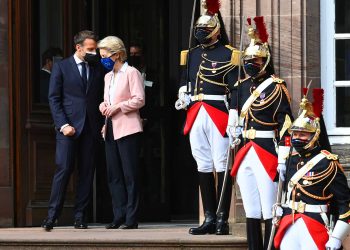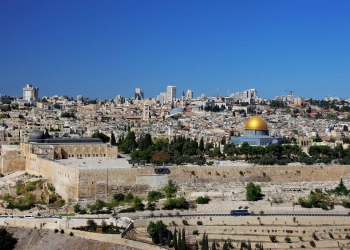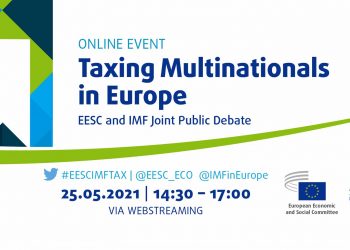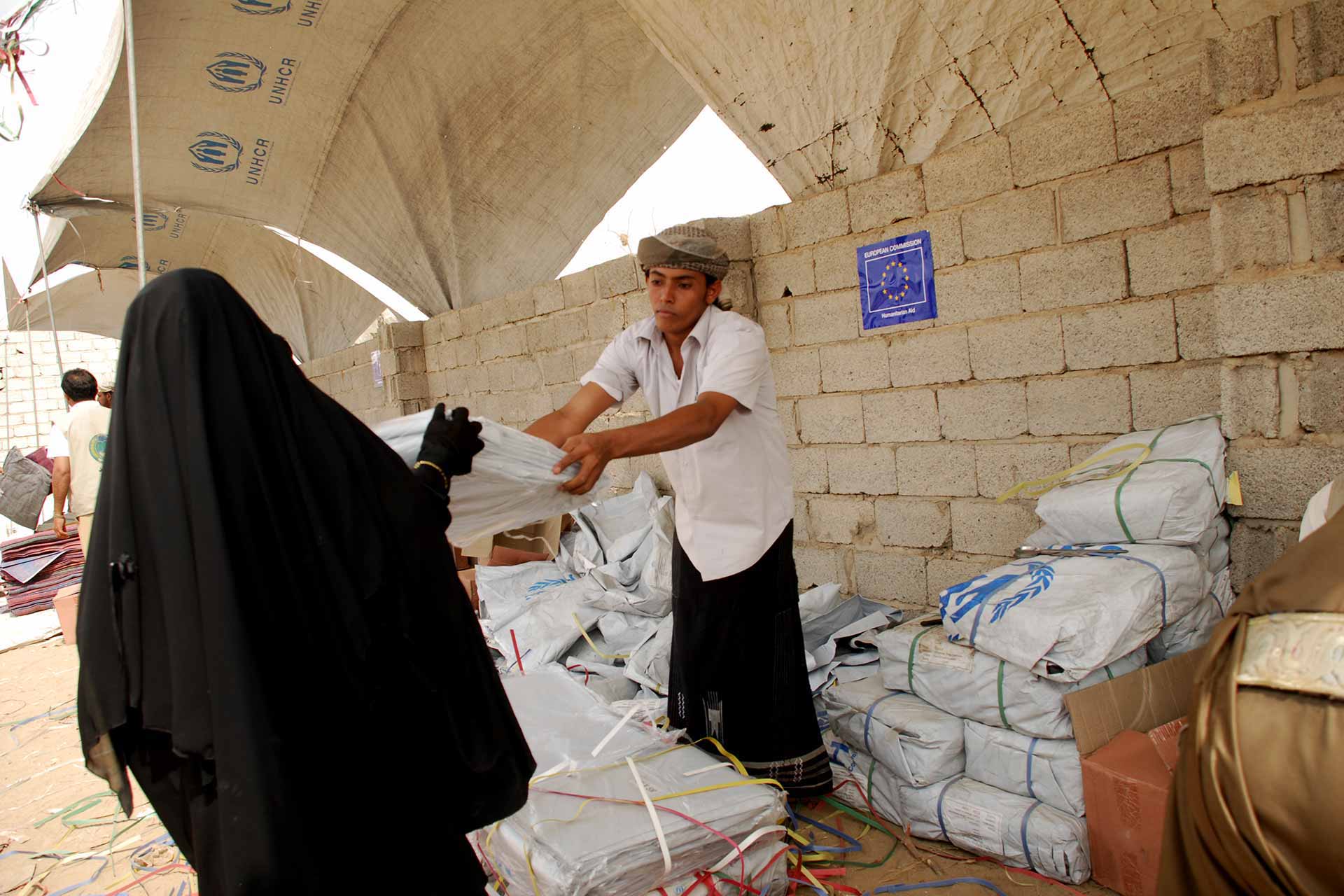From global to local governance of migration. The role of local authorities and civil society in managing migration and ensuring safe and regular pathways to the EU.
The European Migration Forum , organised by the European Commission and the European Economic and Social Committee, is a platform for dialogue between civil society and European institutions on issues related to migration, asylum and the integration of non-EU nationals.
The aim of the Forum is to enhance coordination and cooperation between key players involved in the multilevel European governance of migration. It brings together European policy makers and civil society representatives to discuss and consult on key migration issues. The Forum aims to provide more information on the latest policy developments but also to gather information on how European policies are implemented at regional, local and grass-root levels; it should help to better understand the main challenges that civil society organisations and social partners face in the field and to identify ways to better support them intheir efforts to address migrants’ needs.
5th meeting of the European Migration Forum
Brussels, 3 – 4 April 2019
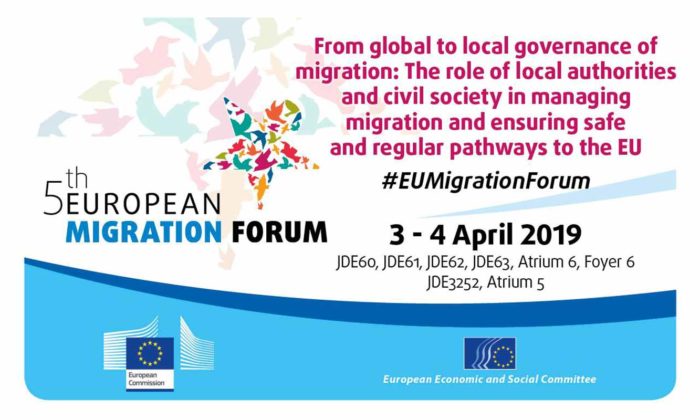
A reflection on safe and regular pathways to the EU is very timely given the on going international discussions on a global governance on migration. It seems also necessary in order to move from a crisis management approach to a medium and long-term perspective. This reflection is at the heart of the next European Migration Forum, which aims at enabling further forward-looking reflection by Forum participants (civil society organisations, social partners and European institutional stakeholders).
The meeting will thus focus on safe and regular migration, for both humanitarian and other reasons, including a reflection on how to implement the Global Compacts on Migration and Refugees and on the role that the civil society organisations and other local actors can play in this interaction between the international and the local dimension.
The discussion will be articulated around the following more specific themes (to be dealt with in parallel participatory workshops):
- The Global Compacts on Migration and on Refugees: from global to local governance of migration How to follow up and ensure implementation of the Global Compacts on Migration and Refugees at the different levels of governance? What roles civil society organisations could play in interaction with other public and private actors, including local and regional authorities?
- What model of legal migration for the EU in the long term: providing legal channels for reasons other than international protection, including for low and medium skilled migrants, remain crucial. What are the main challenges and possible options for the management of legal migration to the EU? The results of the evaluation of the EU legislation on legal migration (“Fitness Check”), as well as of other upcoming studies will feed into this reflection.
- Humanitarian and protection-related migration channels: This has a strong link to the proposal on resettlement , which is currently under negotiation with the Council and the European Parliament. Links will be made also to the measures included in the Action Plan on Integration as proposed by the Commission (pre-departure and pre-arrival measures, including private/community sponsorship), warranting a further discussion on the realities of the situation on the ground, the challenges and the examples of what works.
- The role of civil society and other non-public actors in enhancing cooperation with non EU countries on legal migration. What is the role of migration and mobility in the overall relations with third countries in managing migration? How civil society organisations located in the EU can contribute to cooperation with third countries in this area?
- Migrants empowerment. What are the good practices in empowering migrants and ensuring their successful integration into the host societies? The specific issues related to the integration of migrant women and the role of diasporas will be also covered.
The session would end with an interactive panel debate with rapporteurs and representatives of the institutions (armchair debate, no presentations).
The European Migration Forum – the dialogue platform on migration, asylum and migrant integration – will meet for the fifth time in April 2019.
Participation in the Forum meeting is by invitation only but you can join the discussion – #eudebate online:

